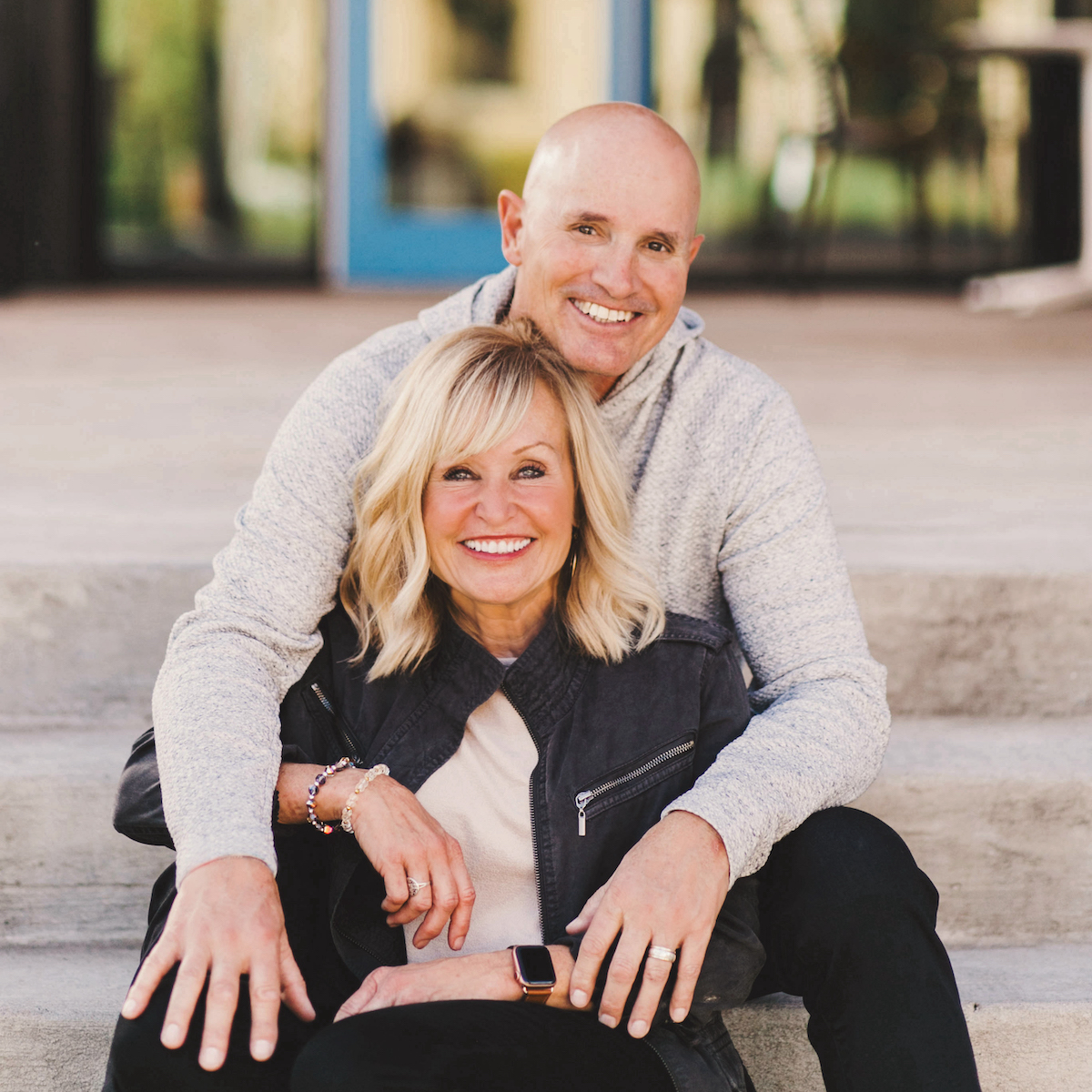Rachel was dating a man her best friend Barb didn’t like. The reason? Barb thought he was very controlling. She was concerned that Rachel was overlooking this red flag in the relationship. Because she cared about Rachel, Barb warned her- anyone who is so easily angered and doesn’t like it when you spend time with friends is walking a fine line between control and abuse.
Controlling people want you under their thumb and doing things their way. When you don’t, the need for control can escalate to abuse, a cause to pause and decide if this is a healthy relationship. Typically, the root of this need for control is insecurity and codependency in a relationship.
Here are 10 questions to ask yourself in order to determine if you are in a controlling relationship:
- Are you feeling manipulated? Controlling people give love and affection in order to get something. If you are not getting the same in return, but feel you constantly have to do things the way the other person wants things done, you are being manipulated.
- Are you being isolated? Controlling people like to isolate you in order to have more control over your thinking and behavior. Other people are considered threats because they might challenge the controlling person’s thoughts and actions. Isolation becomes a strategy to shield you from healthy relationships and other perspectives.
- Are you being put down? Another strategy of a highly controlling person is to tear away at your self-esteem. When your confidence is low, the hope is that you will be more dependent on the person. So, ask yourself, am I complimented or encouraged? Or is most of the talk tearing away at my self-worth?
- Are you able to question the person and talk about issues? If the person is easily upset when you question or want to discuss a problem, this is a sign of control. If they are always right, you may question your own thoughts. This can also build resentment.
- When the pressure is on, are you being lied to? The need to control often outweighs the need to tell the truth. If you question the person but know the truth and the person lies, this is a red flag.
- Are you being asked to change? Does the person not like your hair, clothes, the way you talk to people, your laugh, your outgoing personality, etc.? If the focus in to change you in order to make you more like the controller, run from this relationship!
- Are you experiencing anger over little things? You talked to a co-worker, arrived to dinner five minutes late, forgot to call one night and the person explodes with anger, telling you how insensitive or uncaring you are. Pay attention. Over the top jealousy and anger over small things are signs of control.
- Are you trying to set boundaries with no success? Controlling people don’t like boundaries. It limits their control. When you say, “No,” they don’t respect it and continue to push to get their way.
- Are you uncomfortable with the person’s temper or moods? Huge red flag here because moodiness and the inability to regulate mood speak to an anger problem. Everyone has a bad day now and then, but if the moodiness is persistent, and you find yourself feeling a little afraid, this is more than a bad day.
- Are you the only one the person spends time with on a regular basis? Does the person have other friends, who are they? Does the person have good family relationships, relationships in the church or in the community? If the person is alone most of the time, this is a signal that relationships are problematic and may be plagued with control issues as well.








